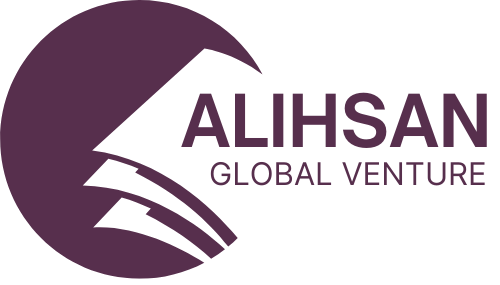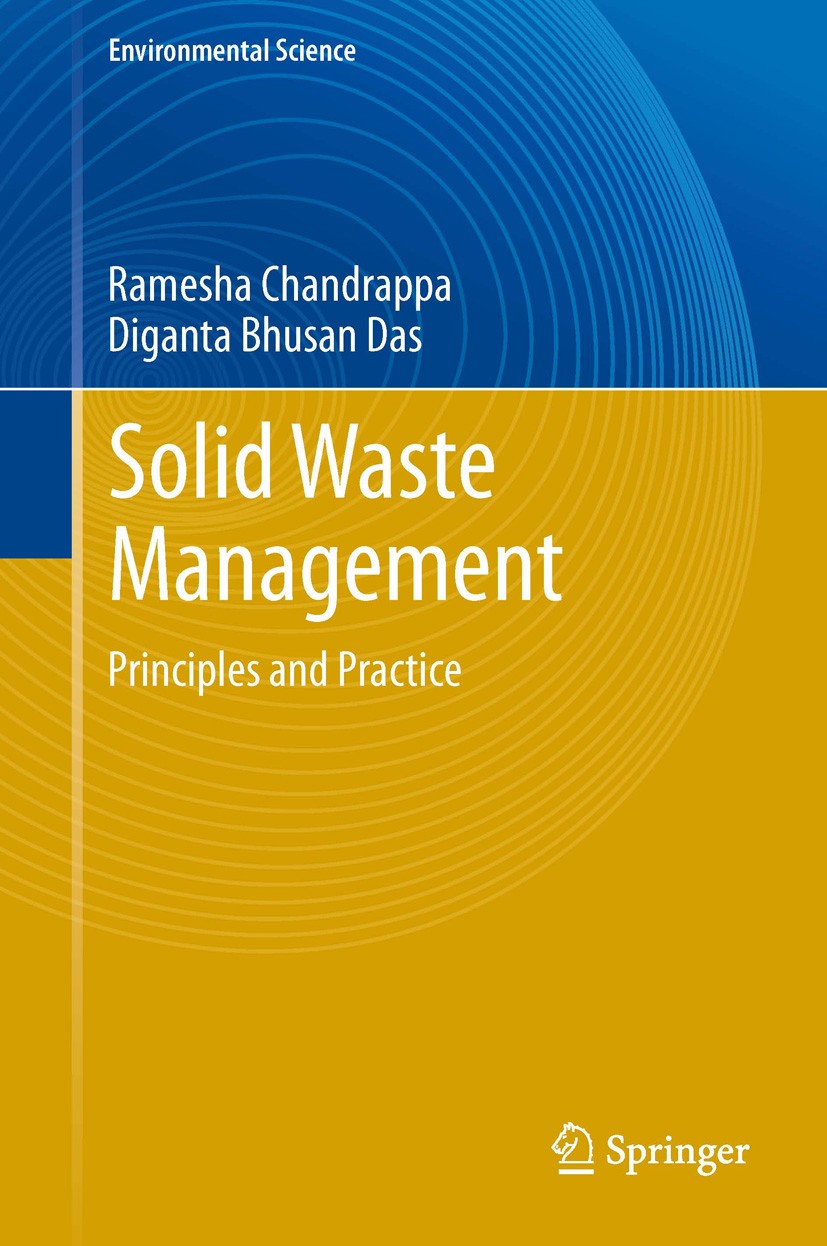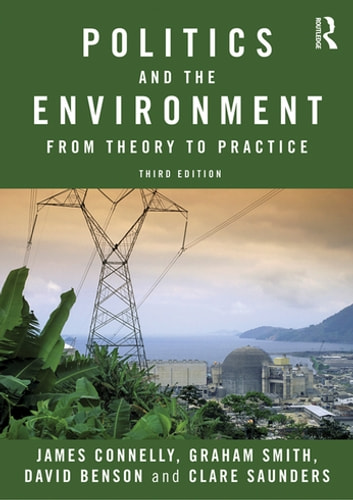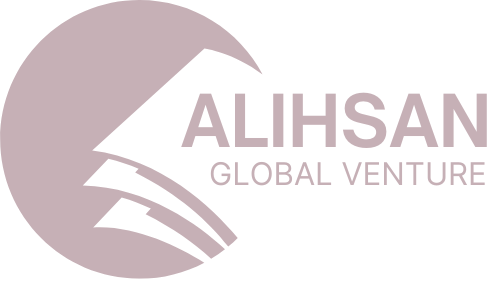Description
In a world grappling with the environmental consequences of excessive waste generation, the imperative for effective solid waste management and recycling has never been more urgent. “Towards Zero Waste” offers a holistic exploration of strategies, technologies, and best practices to minimize waste generation, maximize resource recovery, and promote a circular economy ethos.
Chapter 1: Understanding the Solid Waste Challenge This chapter provides a comprehensive overview of the global solid waste crisis, examining the environmental, social, and economic impacts of unmanaged waste. It delves into the sources and composition of solid waste, highlighting the urgency of transitioning towards more sustainable waste management practices to mitigate pollution, conserve resources, and combat climate change.
Chapter 2: Principles of Sustainable Waste Management Building upon the imperative outlined in the first chapter, this section explores the principles of sustainable waste management. From the waste hierarchy to the concept of extended producer responsibility (EPR), it offers insights into waste prevention, minimization, and diversion strategies. Case studies and real-world examples illustrate successful waste reduction and resource recovery approaches.
Chapter 3: Waste Collection and Segregation Effective waste collection and segregation are fundamental to the success of any waste management system. This chapter examines best practices for designing efficient collection systems, including source separation, community-based initiatives, and waste-to-energy programs. It also explores the role of technology in optimizing collection routes and improving waste segregation processes.
Chapter 4: Recycling and Resource Recovery Recycling plays a central role in transitioning to a circular economy. This section explores the principles and practices of recycling, covering various materials such as plastics, paper, glass, metals, and organic waste. It examines recycling technologies, market dynamics, and the importance of public education and awareness in promoting recycling behavior.
Chapter 5: Composting and Organic Waste Management Organic waste represents a significant portion of the waste stream and presents unique challenges and opportunities for resource recovery. This chapter explores composting techniques, anaerobic digestion, and other organic waste management strategies aimed at diverting biodegradable waste from landfills and harnessing its potential for soil enrichment and energy generation.
Chapter 6: Waste-to-Energy and Alternative Technologies Innovative waste-to-energy technologies offer promising solutions for reducing waste volumes and generating renewable energy. This section examines incineration, gasification, and pyrolysis technologies, exploring their environmental impacts, energy recovery potential, and compatibility with a circular economy framework. It also discusses emerging trends in bioenergy production and waste valorization.
Chapter 7: Policy Frameworks and Regulatory Approaches Effective policy frameworks and regulatory mechanisms are essential for driving sustainable waste management and recycling progress. This chapter analyzes local, national, and international policy initiatives to promote waste reduction, recycling, and resource recovery. It also explores the role of extended producer responsibility (EPR) schemes, landfill bans, and economic incentives in incentivizing sustainable waste management practices.
Chapter 8: Case Studies and Success Stories Drawing inspiration from real-world examples, this chapter showcases successful waste management and recycling initiatives from around the globe. From community-led recycling programs to innovative waste-to-energy projects, these case studies demonstrate the transformative potential of adopting sustainable waste management practices. They highlight the economic, environmental, and social benefits of embracing a zero-waste mindset.
Chapter 9: Overcoming Challenges and Moving Forward Despite progress in sustainable waste management, significant challenges remain. This final chapter examines barriers to adoption, including technological limitations, financial constraints, and cultural attitudes toward waste. It also offers strategies for overcoming these challenges, emphasizing the importance of collaboration, innovation, and stakeholder engagement in advancing the zero waste agenda.
Conclusion: “Towards Zero Waste: A Comprehensive Guide to Solid Waste Management and Recycling” concludes with a call to action, urging policymakers, businesses, communities, and individuals to embrace the principles of sustainability and work towards a future where waste is minimized, resources are conserved, and the planet thrives. By adopting innovative solutions and collective action, we can build a more resilient and sustainable world for future generations.






Ado –
This ebook is a must-read for anyone interested in the intersection of environmental science, public health, and policy. The authors provide a thorough examination of the issues surrounding solid waste management and recycling, including the environmental impacts of waste disposal, the benefits of recycling, and the challenges of implementing effective waste management systems.
Yau –
I’ve been searching for a comprehensive resource on solid waste management and recycling, and this ebook exceeded my expectations. The authors provide a detailed overview of the principles and practices of waste management, along with case studies and examples that illustrate real-world applications.
Innocent –
As someone working in the field of environmental science, I found this ebook to be an excellent reference for understanding the complexities of solid waste management and recycling. The authors cover a wide range of topics, from the environmental impacts of waste disposal to the economic and social benefits of recycling.
Habiba –
I found this ebook to be an invaluable resource for anyone interested in sustainable waste management practices. The authors provide a thorough overview of the challenges and opportunities associated with solid waste management and recycling, along with practical guidance for implementing solutions at the local, regional, and national levels.
Roseline –
This ebook is a comprehensive guide to understanding and implementing effective solid waste management and recycling practices. The authors cover a wide range of topics, from waste generation and collection to recycling technologies and policy frameworks.